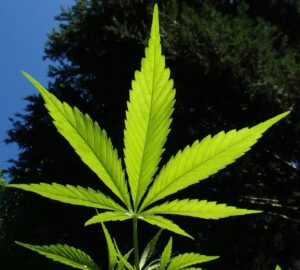[[{“value”:”
Gunther Weil was part of Harvard’s psychedelic club, lived at Millbrook, and was there for the Concord Prison Experiment. […]
The post Psychedelic OG Who Experimented with Leary, Alpert, and Metzner appeared first on DoubleBlind Mag.
“}]] DoubleBlind Mag Read More


